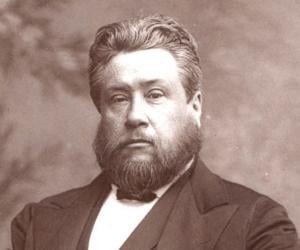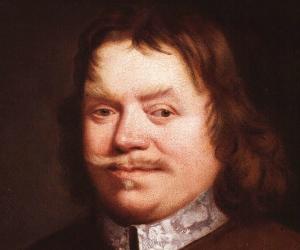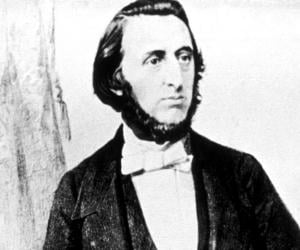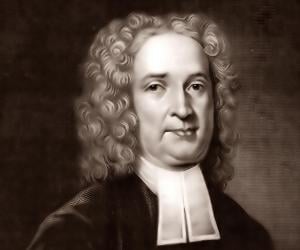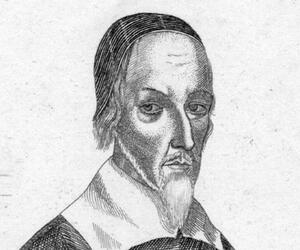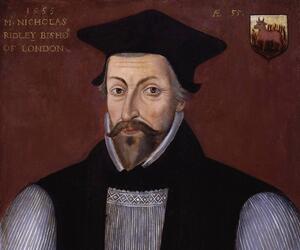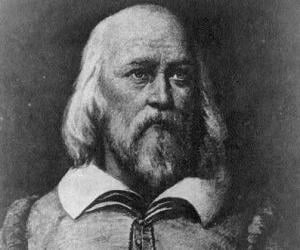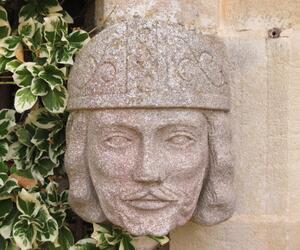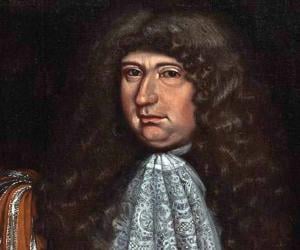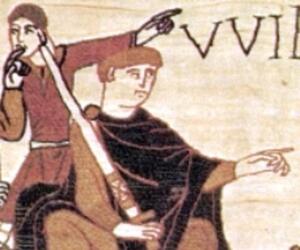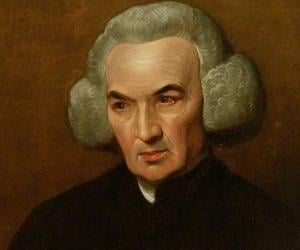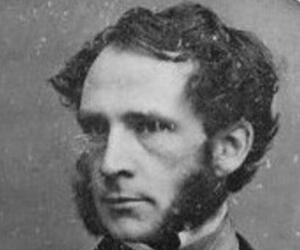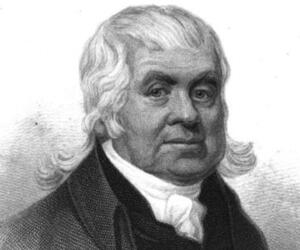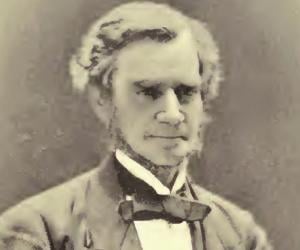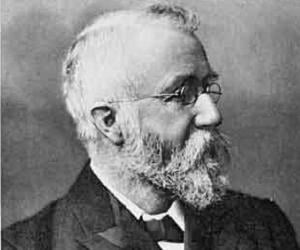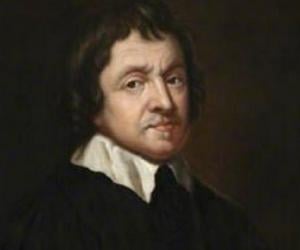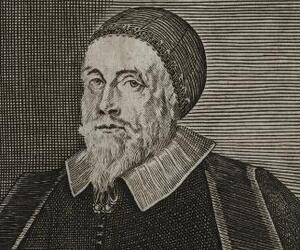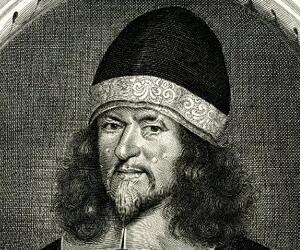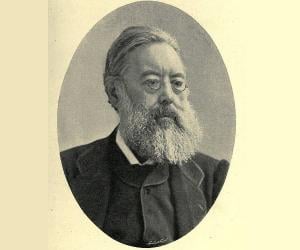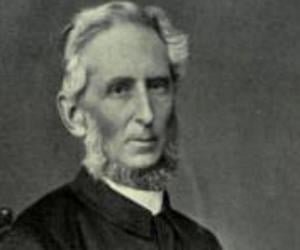1
Charles Spurgeon
(One of the Most Influential and Extraordinary Preachers of the 19th century)
Birthdate: June 19, 1834
Sun Sign: Gemini
Birthplace: Kelvedon, England
Died: January 31, 1892
Charles Haddon Spurgeon was a highly influential English Particular Baptist preacher known as the "Prince of Preachers." He defended the Reformed Baptist tradition and opposed liberal theological tendencies. Spurgeon served as pastor at the New Park Street Chapel, later the Metropolitan Tabernacle, in London for 38 years. He engaged actively with the poor, establishing an Almshouse and orphanage. Spurgeon founded Spurgeon's College and authored numerous sermons, books, commentaries, hymns, and poetry, known for their penetrating thought and precise exposition.
